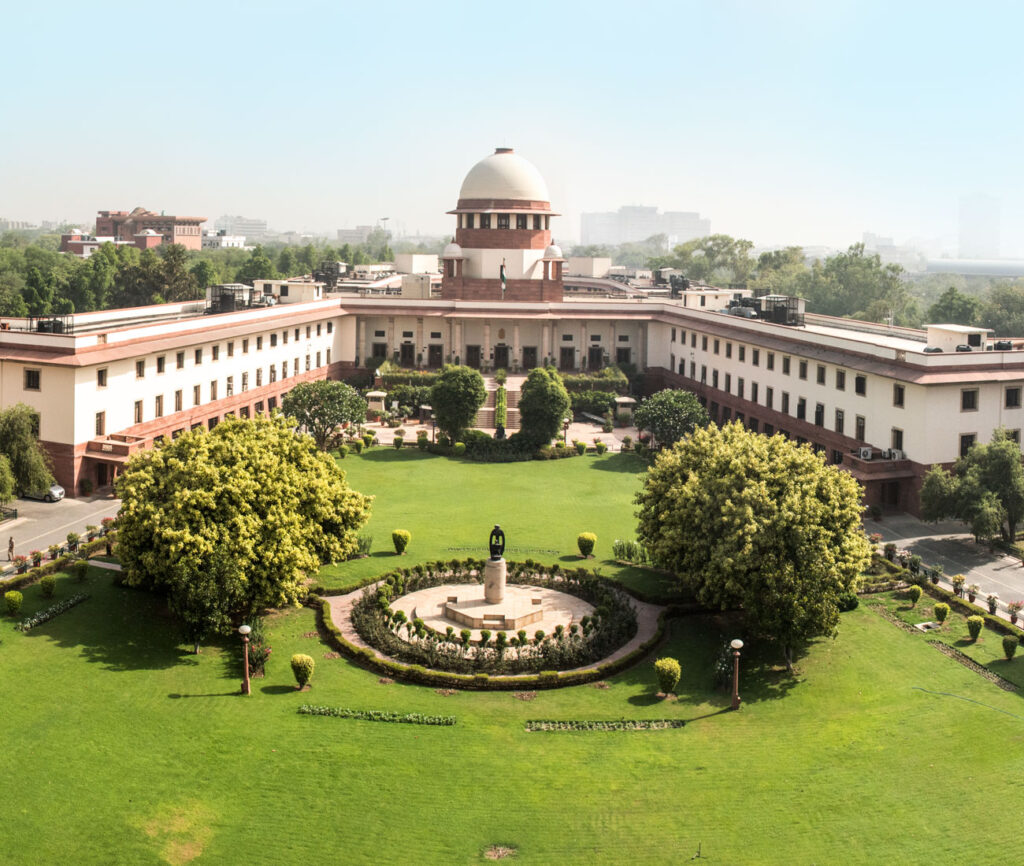New Delhi, Dec 9.
Amidst a burning controversy over the merits and demerits of the collegium system, the Supreme Court on Friday ruled that only “final collegium decisions” will be made public, not the “discussions or tentative decisions” made preceding that.
A petition had been filed by RTI activist Anjali Bhardwaj seeking details of a particular collegium meeting held on Dec 12, 2018.
Her plea had been earlier turned down by the Delhi High Court in July this year. The top court’s information officer and the appellate authority had also turned down her pleas. She appealed to the top court after that.
Today, a bench led by Justice M.R. Shah, clarified that a top court resolution of 2017 only provides for making public on the court website the final decisions of the collegium.
The resolution would not apply to tentative collegium decisions if any or the discussions that go into making of any decision, the court said.
As a result, Ms Bhardwaj cannot demand that the collegium make public the discussions and the tentative decisions taken by the Dec 12, 2018, collegium under the Right to Information Act.
A controversy had erupted over that particular collegium meeting, after one of the members of the collegium, i.e., Justice Madan B. Lokur, went public with his grievance over how it was changed after he demitted office.
“Whatever is discussed in the collegium need not be in public domain. Only the final resolution is required to be published,” the bench, which also comprised Justice C.T. Ravikumar, said.
Some discussions may have taken place but these cannot be said to be a final decision, the bench said. Only a final decision is published as a collegium resolution, not “tentative decisions”, it said.
The collegium is a multi-member body and their decision, made after due consultations with all members, is a resolution. But a meeting could well be adjourned for a later date or be inconclusive. Any tentative decisions or discussions need not be made public.
There’s been much criticism about the opacity of the process of appointing judges through the collegium system. The government is pressing for a say over the process. An earlier attempt to introduce a National Judicial Appointments Commission (NJAC) was struck down by the court.
The government has sought to again reopen the issue.

